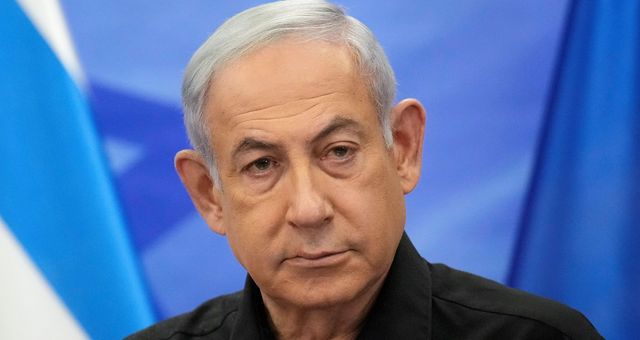
Introduction
Benyamin Netanyahou, the longest-serving Prime Minister of Israel, has recently returned to power amid a backdrop of national and international political complexities. His leadership is significant not only to Israel but also has global implications, particularly regarding relations with regional powers, the United States, and the ongoing Israeli-Palestinian conflict. Understanding his policies and challenges offers valuable insights into the future of Israeli governance and its geopolitical landscape.
Current Events and Developments
In December 2022, Benyamin Netanyahou reclaimed the premiership after a series of elections that highlighted a deep division within Israeli society. His right-wing coalition government, which includes ultra-Orthodox parties and far-right factions, has sparked protests and concerns about the erosion of democratic norms and civil rights in Israel.
One of the most pressing issues facing Netanyahou’s government is the fractious relationship with the Palestinians. Recently, discussions about settlement expansions and security measures in the West Bank have intensified tensions. International reactions have varied; while some countries support Israel’s sovereignty, others criticize its policies as detrimental to peace efforts.
Challenges Ahead
Domestically, Netanyahou’s administration confronts multiple challenges, including a high cost of living, public discontent due to social disparities, and opposition protests that have gained significant traction. His government’s push for judicial reforms aimed at limiting the powers of the Supreme Court has drawn significant backlash, raising questions about the future of democracy in Israel.
Additionally, security concerns remain paramount, especially in light of recent escalations in violence between Israeli forces and Palestinian groups. The government’s approach to these challenges will be scrutinized closely, not only within Israel but also by international observers who monitor human rights and peace efforts in the region.
Conclusion
The political landscape in Israel under Benyamin Netanyahou remains in flux, with numerous challenges that will define his tenure. As he maneuvers through coalition politics and intensifying public scrutiny, the implications of his leadership will undoubtedly affect both internal Israeli affairs and the broader Middle Eastern geopolitical context. Observers anticipate a period of turbulence, yet it is also seen as a potential catalyst for change within Israeli society. As events unfold, the impact of Netanyahou’s decisions will be pivotal for Israel’s future and its standing on the global stage.



